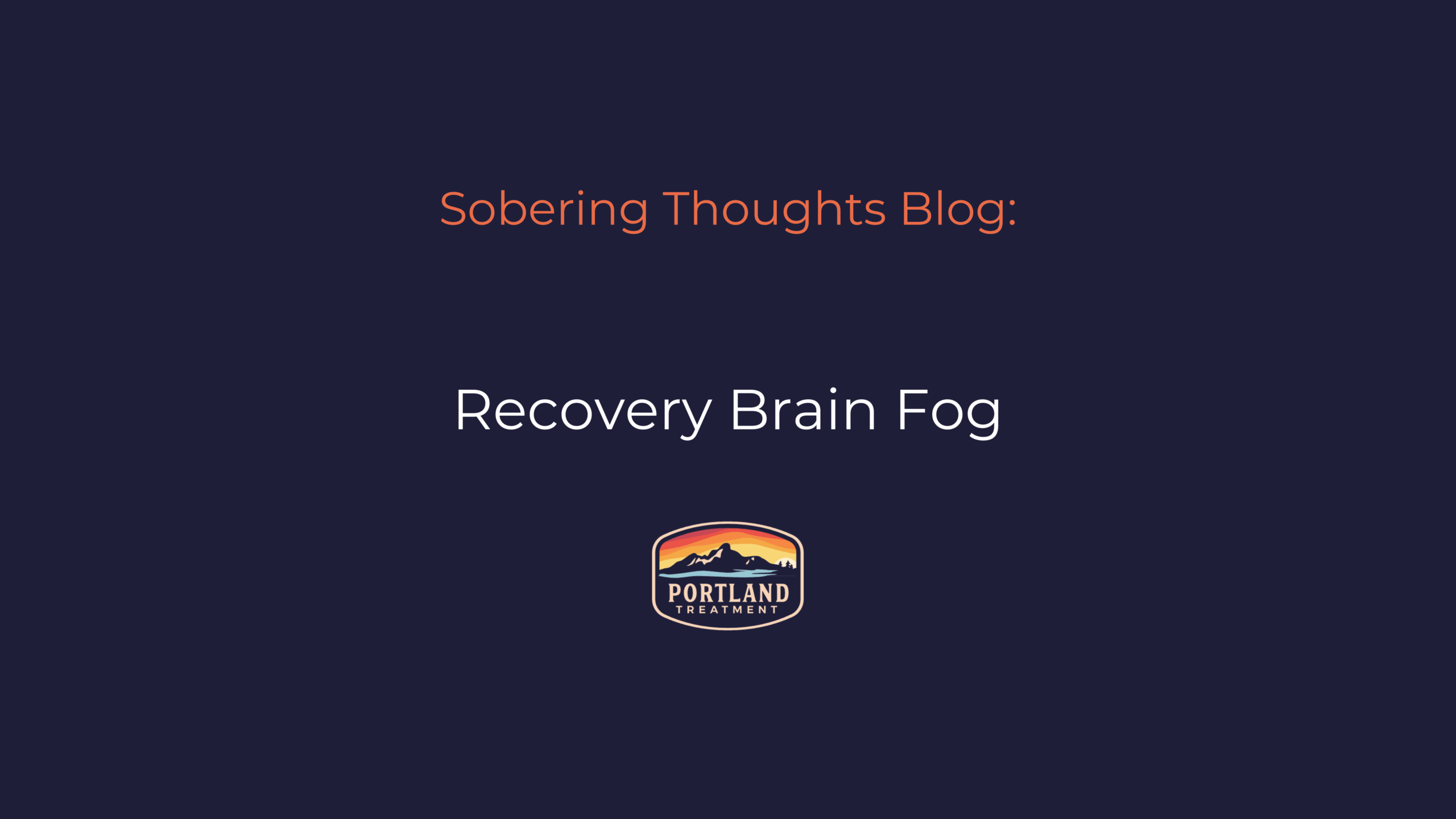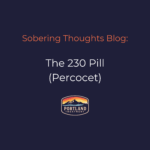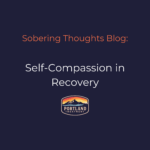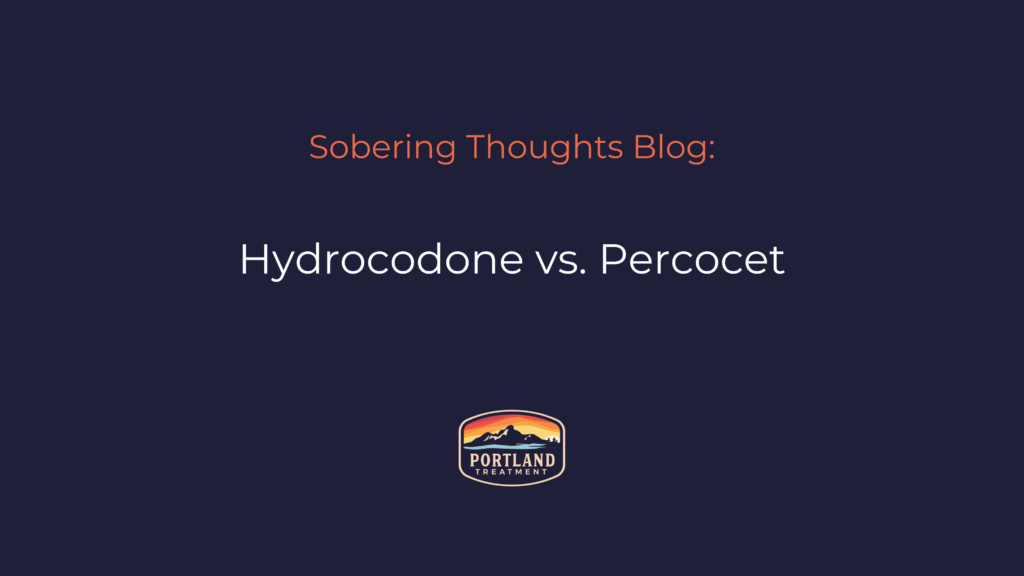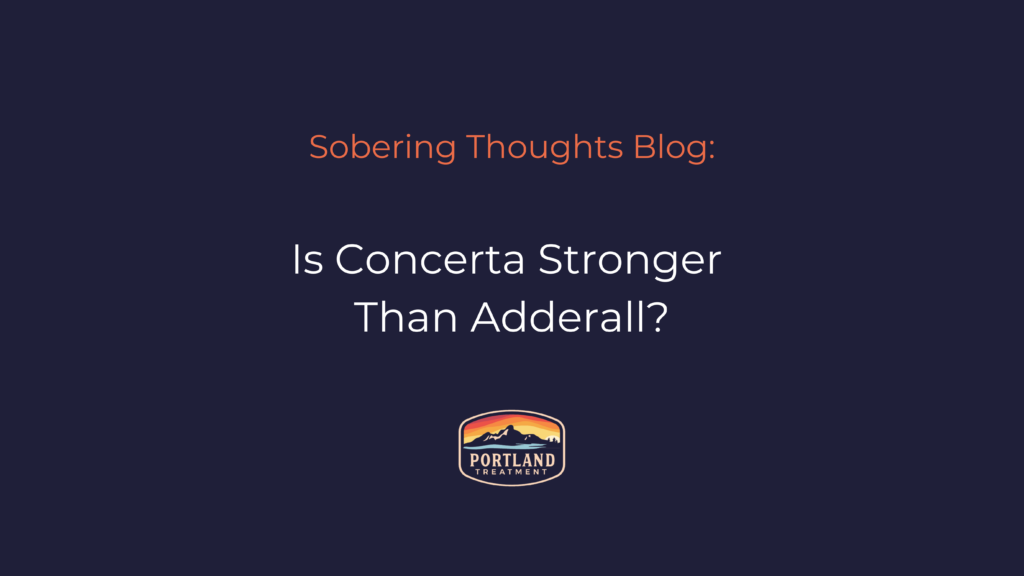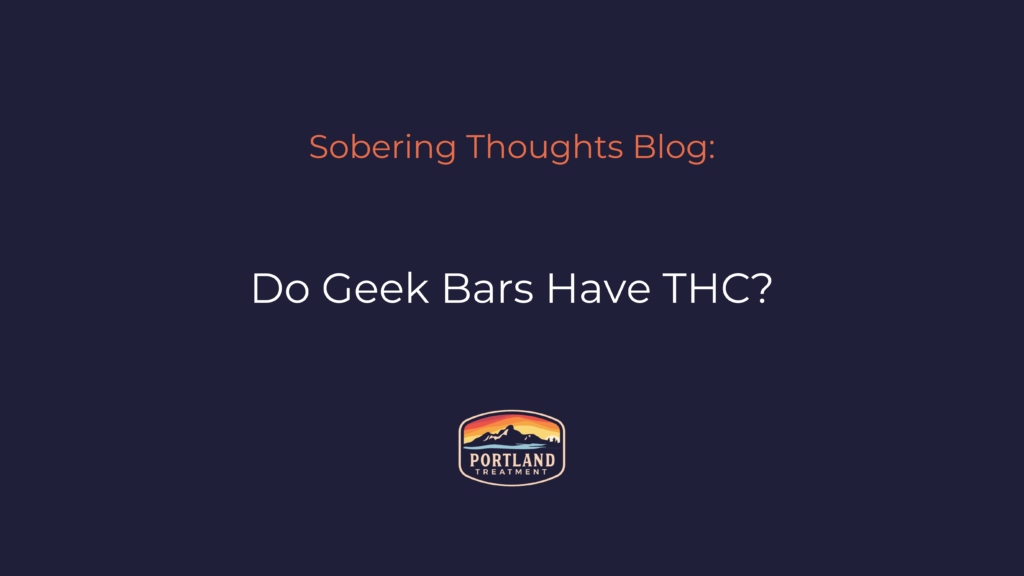Early recovery isn’t just about getting sober—it’s about giving your brain time to heal. Many people describe the first few weeks or months after quitting drugs or alcohol as “living in a fog.” Concentration slips, motivation feels thin, and emotions can swing from numb to overwhelmed. It’s frustrating, but completely normal—and temporary. At Portland Treatment …
Early recovery isn’t just about getting sober—it’s about giving your brain time to heal. Many people describe the first few weeks or months after quitting drugs or alcohol as “living in a fog.” Concentration slips, motivation feels thin, and emotions can swing from numb to overwhelmed. It’s frustrating, but completely normal—and temporary.
At Portland Treatment in Biddeford, Maine, clients often notice that the mind feels slower before it starts to rebuild. Understanding why this happens can turn discouragement into patience and progress.
What Is “Recovery Brain Fog”?
“Brain fog” describes the cognitive haze that can occur after stopping substance use. It’s not an official diagnosis—it’s a cluster of symptoms caused by your brain’s chemistry resetting after prolonged stress and chemical disruption.
Common experiences include:
- Trouble focusing or remembering simple tasks
- Feeling mentally “sluggish” or detached
- Difficulty regulating emotions or finding words
- Trouble with motivation or decision-making
This happens because substance use—whether alcohol, opioids, stimulants, or benzodiazepines—alters neurotransmitters like dopamine, serotonin, and GABA. Once those substances leave the body, the brain has to relearn how to balance itself naturally.
Why It Happens After Detox
During active addiction, the brain adapts to the constant presence of chemicals. Once detox begins, it’s like cutting off the power to a system that’s been overcharged for years.
Several key processes unfold:
- Neurotransmitter Rebalancing: Dopamine and serotonin levels drop temporarily, creating fatigue and apathy.
- Sleep Debt Recovery: Sleep patterns disrupted by substance use begin to normalize, but this adjustment can feel exhausting at first.
- Nutrient Replenishment: Poor nutrition during active use leaves the brain lacking key nutrients that support focus and clarity.
- Inflammation and Stress Response: The nervous system shifts out of fight-or-flight mode, but this recalibration can make you feel foggy or disconnected.
Most people notice gradual improvement within 30 to 90 days, though some mild symptoms can persist longer, especially after prolonged opioid or alcohol use.
The Emotional Side of Brain Fog
It’s easy to mistake cognitive sluggishness for failure. Many clients tell us they feel “broken” or “lazy” because they can’t think as sharply as they used to. But brain fog isn’t a moral flaw—it’s neurobiology in repair.
Early recovery can also unmask underlying anxiety or depression that substances once numbed. Emotional fatigue compounds mental fog, making self-compassion essential. At Portland Treatment, clinicians teach grounding and mindfulness skills to reduce mental noise and restore focus gradually.
Strategies to Clear the Fog
You can’t rush neurological healing—but you can support it. Here are evidence-informed ways to help your brain recover clarity:
- Prioritize Restful Sleep
Regular sleep cycles help rebuild cognitive function. Stick to a consistent bedtime and avoid caffeine after noon. - Feed Your Brain
Omega-3 fats, B vitamins, and balanced meals stabilize neurotransmitters. Portland Treatment’s nutrition guidance integrates meal planning for brain recovery. - Move Daily
Light exercise boosts dopamine and endorphins naturally. Even short walks can improve alertness and mood. - Mindfulness & Structured Therapy
Practices like CBT and mindfulness meditation train the brain to focus, quiet intrusive thoughts, and reduce anxiety. - Hydration & Detox Support
Dehydration and leftover toxins can worsen fog. Drink plenty of water and follow any detox supplement recommendations from your provider. - Seek Connection
Talking through frustration helps normalize it. Group therapy and alumni meetings reinforce that foggy thinking is a shared, passing phase.
Healing at Portland Treatment
Our programs in Biddeford, Maine are built to meet clients where they are—mentally, physically, and emotionally. For those experiencing post-detox brain fog, we combine:
- Nutritional counseling for cognitive recovery
- Individual and group therapy focused on focus and motivation
- Mindfulness and neurofeedback exercises
- Medication-assisted stabilization when appropriate
You don’t have to think clearly to start healing—you just have to begin.
Sources
Chen, X., Van Zijp, A., & Suh, S. (2019). The role of self-compassion in the recovery from substance use disorders. LIDSEN Integrative Medicine, 4(2), 26. Retrieved from https://self-compassion.org/wp-content/uploads/2020/09/Chen2019.pdf
Frontiers in Psychology. (2022). Effects of a trauma-informed mindful recovery program on self-compassion, shame, and internalized stigma in OUD. Frontiers Media SA. Retrieved from https://www.frontiersin.org/articles/10.3389/fpsyg.2022.780383/full
Hazelden Betty Ford Foundation. (2025, September 11). What is post-acute withdrawal syndrome (PAWS)? HazeldenBettyFord.org. Retrieved from https://www.hazeldenbettyford.org/articles/post-acute-withdrawal-syndrome
Kelly, A., & Kushnir, V. (2022). Effects of a trauma-informed mindful recovery program on self-compassion, shame, and internalized stigma in opioid use disorder. Frontiers in Psychology, 13, 780383. Retrieved from https://www.frontiersin.org/articles/10.3389/fpsyg.2022.780383/full
Medical News Today. (2022, March 16). Coping with post-acute withdrawal syndrome. MedicalNewsToday.com. Retrieved from https://www.medicalnewstoday.com/articles/post-acute-withdrawal-syndrome
Neff, K. D., & Tirch, D. (2019). Acceptance and commitment therapy (ACT), compassion-focused therapy (CFT), and the role of self-compassion in clinical practice. Frontiers in Psychology. Retrieved from https://www.ncbi.nlm.nih.gov/pmc/articles/PMC11556665/
U.S. Department of Veterans Affairs, MIRECC VISN 16. (n.d.). Post-acute withdrawal syndrome (PAWS): A guide for veterans and families [PDF]. Retrieved from https://www.mirecc.va.gov/visn16/docs/post-acute-withdrawal-syndrome-veteran-guide.pdf
Victor, T. A., & Lang, A. J. (2022). Neurobiology and symptomatology of post-acute alcohol withdrawal. Frontiers in Psychiatry, 13, 9798382. Retrieved from https://www.ncbi.nlm.nih.gov/pmc/articles/PMC9798382/

